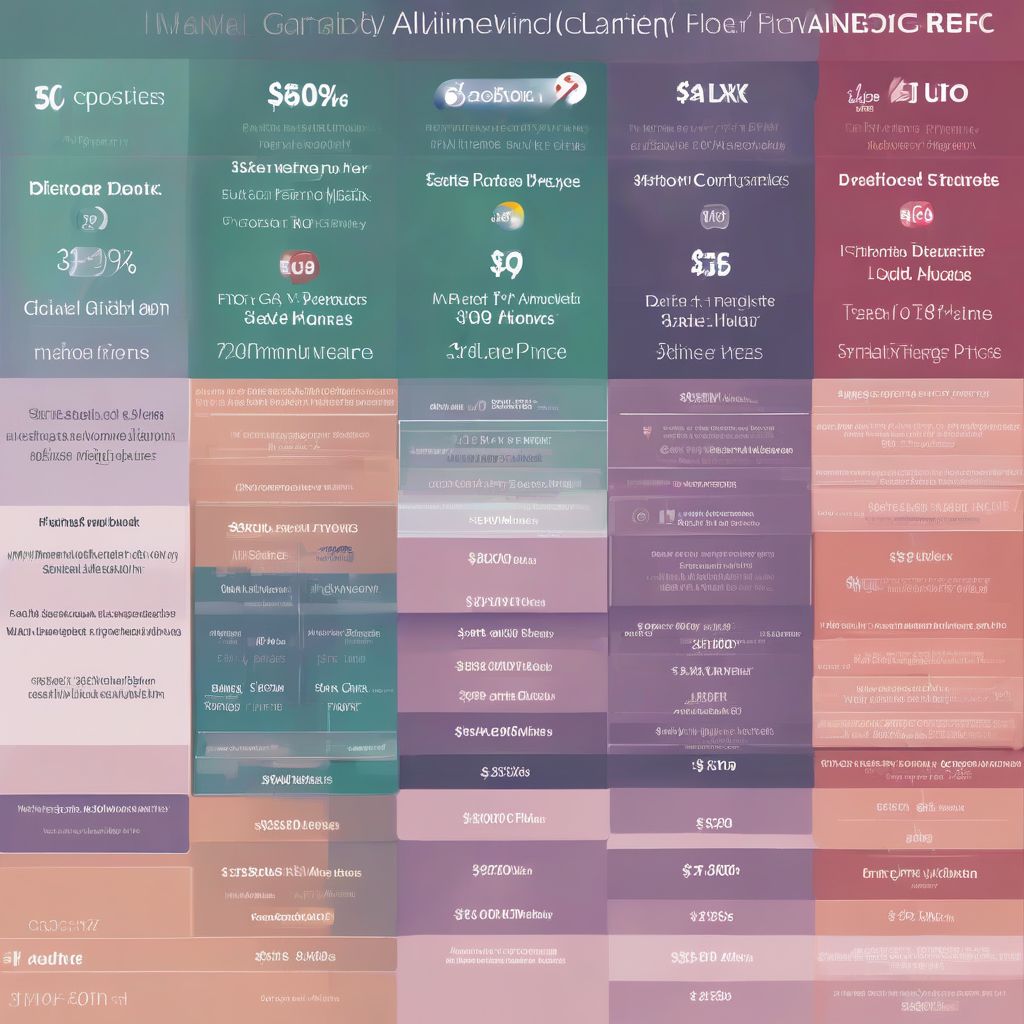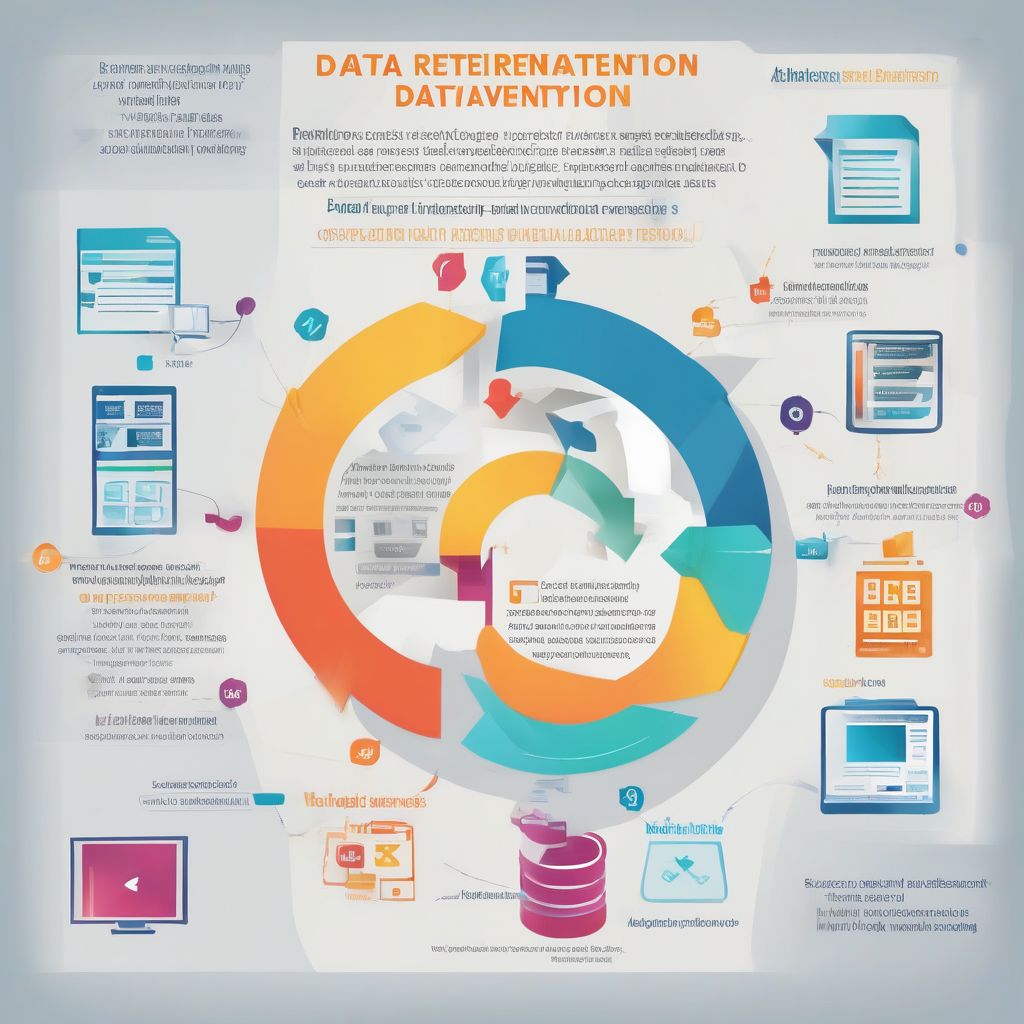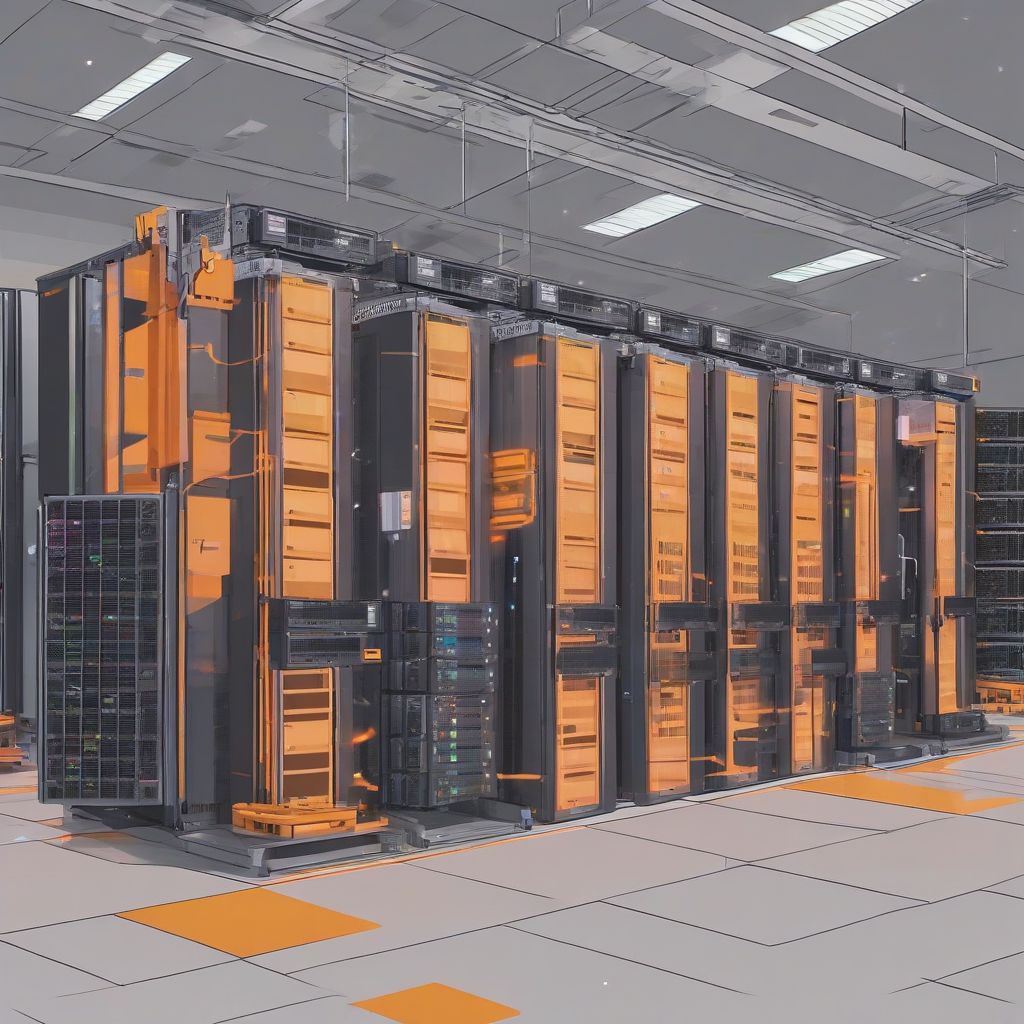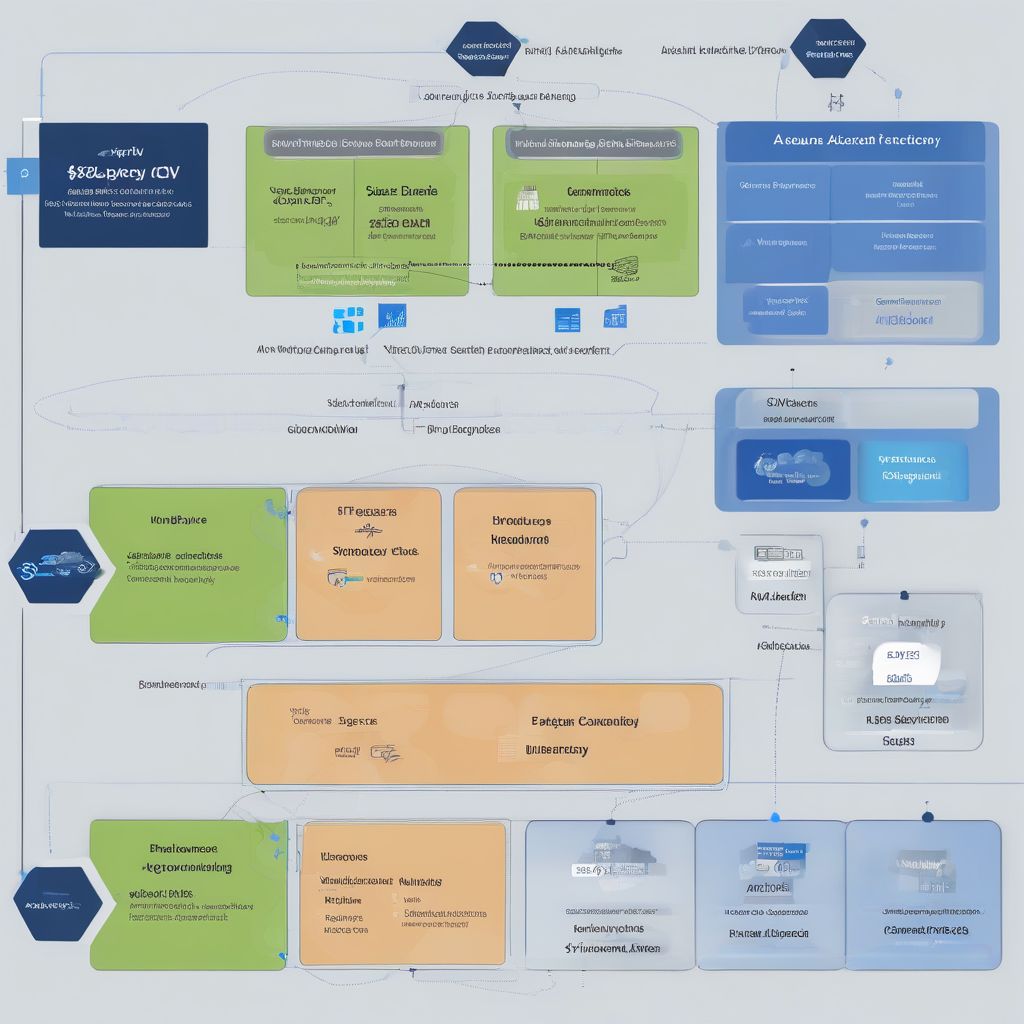The digital age is fueled by data, and skilled data scientists are the architects of this new world. As businesses increasingly rely on data-driven insights, a master’s degree in data science has become a golden ticket to a rewarding career. But what if you’re already juggling a busy life? That’s where the flexibility of an online master’s degree in data science comes in. This comprehensive guide will unpack everything you need to know about this exciting pathway, from its growing importance to answering your most burning questions.
Why is Data Science Such a Big Deal?
In today’s interconnected world, data is constantly generated – from our online activity to complex business operations. Data science provides the tools and techniques to extract meaningful insights from this sea of information. This knowledge is invaluable across industries, empowering businesses to:
- Make smarter decisions: Data analysis reveals patterns and trends, guiding strategic decision-making.
- Improve efficiency: By optimizing processes and automating tasks, data science boosts productivity.
- Gain a competitive edge: Companies leveraging data insights gain a significant advantage in understanding customer behavior, market trends, and more.
Why Consider an Online Master’s in Data Science?
An online master’s degree in data science equips you with the advanced skills and knowledge to thrive in this data-driven landscape. But it goes beyond just technical expertise – it’s about:
- Flexibility and Convenience: Learn at your own pace, from anywhere in the world, balancing your education with work and life commitments.
- Cost-Effectiveness: Online programs often offer competitive tuition rates compared to traditional on-campus options.
- Career Advancement: Whether you’re a recent graduate or a seasoned professional, a master’s degree can open doors to leadership roles and higher earning potential.
What Will You Learn in an Online Data Science Master’s Program?
A typical online master’s in data science curriculum delves into:
- Programming Languages: Mastering languages like Python and R is essential for data analysis and manipulation.
- Data Mining and Machine Learning: Uncover hidden patterns, predict future trends, and build intelligent systems.
- Data Visualization: Communicate complex data findings through clear and compelling visualizations.
- Big Data Technologies: Learn to work with massive datasets using tools like Hadoop and Spark.
- Statistical Modeling: Apply statistical methods to analyze data and draw meaningful conclusions.
Addressing Your Key Questions About Online Data Science Master’s Programs
1. What are the admissions requirements?
Most programs require a bachelor’s degree (in a related field is often preferred), transcripts, letters of recommendation, and a statement of purpose. Some may also require GRE or GMAT scores.
2. How long does it take to complete an online program?
The duration varies, but most programs take 18 to 36 months to complete.
3. Is an online data science degree as respected as a traditional degree?
Absolutely! Many reputable universities offer online programs held to the same academic rigor as their on-campus counterparts. Be sure to choose a program that is accredited and recognized in the field.
4. What are the career prospects after graduation?
Graduates are highly sought-after for roles such as Data Scientist, Data Analyst, Machine Learning Engineer, Business Intelligence Analyst, and more.
5. Are there opportunities for specialization within the field?
Yes, you can specialize in areas like healthcare analytics, financial modeling, marketing analytics, and more.
Taking the Next Step in Your Data Science Journey
Earning an online master’s degree in data science is an investment in your future. It equips you with the in-demand skills to excel in a rapidly evolving job market. As businesses continue to embrace data-driven strategies, the demand for qualified data science professionals is only expected to grow. If you’re passionate about data, problem-solving, and driving innovation, this could be the perfect path for you.
We encourage you to explore different programs, compare curriculums, and envision how this degree can propel you towards your career aspirations. Feel free to share your thoughts and questions in the comments below!




